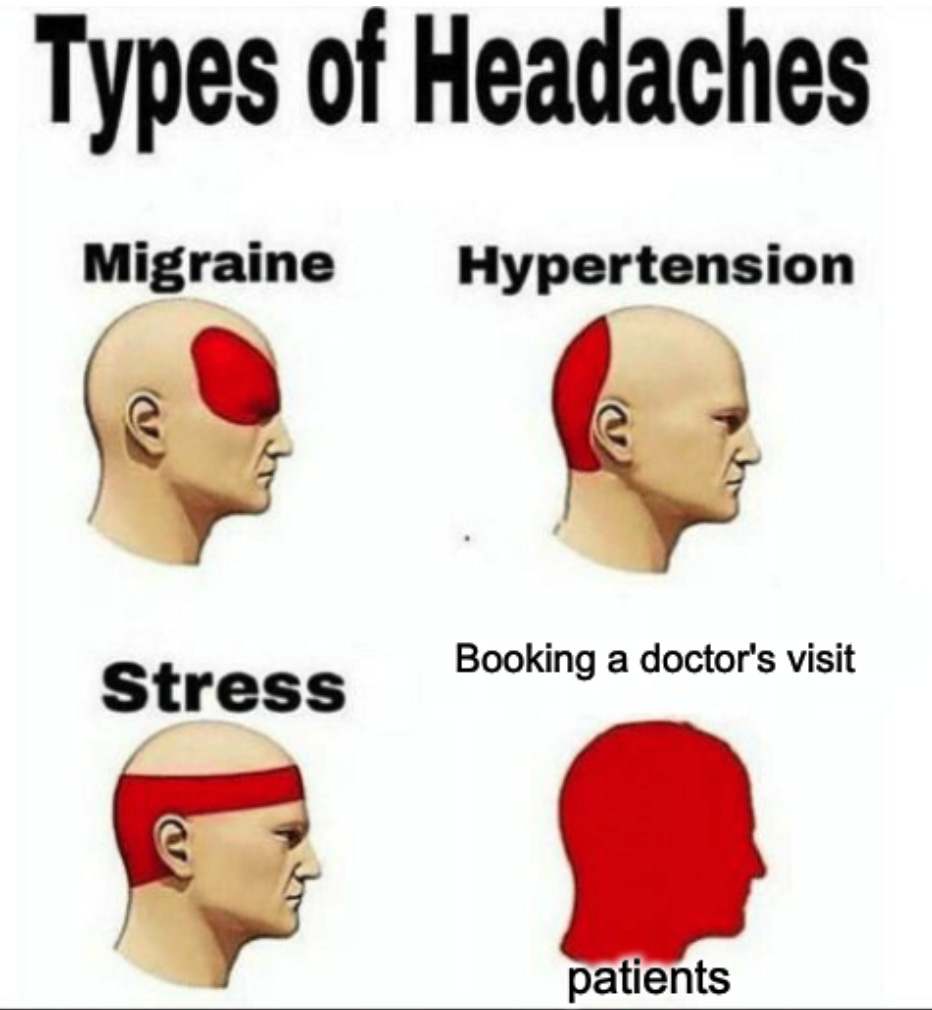4 FAQs Patients Must Know About Cash Pay Medicine
“We can complain because rose bushes have thorns, or rejoice because thorns have roses.”
-Jean-Baptiste Alphonse Karr
Let’s do FAQs from the patients’ perspective today. We heard these a lot in the early innings of our cash pay clinic. This list won’t be close to exhaustive, but it’s a great start for patients brand-new to cash pay medicine.
Today’s TLDR: Four MORE FAQs…but for patients!
Why should I see a cash pay clinic? If you want to invest in your health rather than expense it… among many other reasons. Read on!
Are cash pay doctors more reliable? How to I find one? This is a trust-but-verify situation. Pay attention to if the clinic is a great fit for your needs. Check out word of mouth and reviews—but don’t treat them like gospel.
What happens to medication and lab orders if I’m cash pay? Those items are still covered (usually). There’s some nuance—as is always the case with insurance—but your cash pay clinic should be able to help you navigate.
Can I bill my health insurance even if I see a cash pay doctor? Normally, yes, but there are exceptions (like Medicare). It’s wise to check your plan’s “out-of-network benefits“ ahead of time.
1. Why should I see a cash pay clinic?
Dear reader, I’m glad you asked. If I had to sum it up in one line: to invest in your own health.
We see a few common elements among the patients choosing us (context: we run an out-of-network dermatology clinic). At its core, a cash pay clinic is for:
Patients to have confidence in their physician addressing every aspect of their well-being without being rushed.
Those seeking expertise for a condition that an in-network doctor of the same specialty cannot help with.
Anyone wanting to be treated like a human, not a sack of meat on a conveyer belt.
Patients seeking, generally, a sooner appointment date. No one likes to wait six months to pay $250 for a 10-minute consult. This is part of why many cash pay offices have extended appointment lengths.
There’s much to unpack here—only through continued writing over time can I best express the pros and cons of choosing a cash pay office. This question alone is much of this blog’s purpose.
2. Are cash pay doctors more reliable? How can I find one?
Maybe I cheated and snuck two questions in here, but they’re closely linked. Spoiler alert, not every doctor is reliable. Cash pay or not. Like in any field, bad actors exist. However, more incentives are in place for cash pay doctors to give you 100% of their attention. Being paid directly by the patient makes the provider more beholden to the patient. Terrible medical performance at a cash pay outfit (”man, I paid for that!”) is more devastating than a terrible visit at an in-network clinic (”eh, I kinda expected that”).
Online reputation matters as well. Get word of mouth. Check the clinic’s reviews. If the most recent reviews are older than the last time the window gutters were cleaned (i.e. more than a couple years ago), that’s not ideal. Of course, major negative sentiment is also a red flag. Tread carefully and don’t take all reviews (good or bad) as gospel. But use testimonials as a powerful reference, especially if the prospective cash pay provider has experience with your condition.
There are some helpful locator tools for clinics running Direct Primary Care (DPC) models. See the links below. Use the websites below as starting points for what cash pay office in the area fits your preferences.
3. What happens to my prescriptions and labs if I see an out-of-network doctor?
Funny enough, not much changes here. Labs and meds can still get billed through insurance for outpatient situations. Even if you need frequent refills or order monitoring for certain items. Lab and prescription benefits are processed SEPARATELY from what happens at the clinic.
Hence why you should have a cash pay doctor record your insurance info. The office will need the data to handle prior authorizations or lab requisitions. If you need a prior approval, the clinic will step in to assist.
However, there are exceptions. For example, an Oregon Medicaid member cannot have his/her medications covered if the ordering provider does not accept a local Medicaid plan. Keep in touch with your experienced billing manager or a lawyer about these matters.
4. Can I bill my insurance company, even if I see a cash pay doc?
Yes, if you had something done that’s normally covered at insurance-based offices. Out-of-network billing could also be handled for you, but that’s up to the office. For certain specialties this can be an added service to patients.
HOWEVER: Medicare and a few other plans forbid out-of-network doctors and their patients from billing. Ask your doctor’s staff if this applies to you.
Ask your provider for all the necessary paperwork (i.e. an itemized statement and plan-specific forms) to make the submission easier. Experienced offices will make accommodations for you. Most insurance plans give a 180-day window to submit a claim from the service date.
Let’s say you ask an office for a quote ahead of time. You could then call your insurance plan to see what the out-of-network benefits would be. Some plans have a separate deductible and/or coinsurance payout. You might have better (or worse) coverage than you think.
Health Savings Accounts (HSAs) and Flexible Spending Accounts (FSAs) are eligible with most services at cash pay clinics. You are spending money on medical care, after all.
And that’s all for today.
We’ll post more FAQs. Have another question that needs to be here? Give us a shout on Substack or @caretocash on x.com to address your needs.






